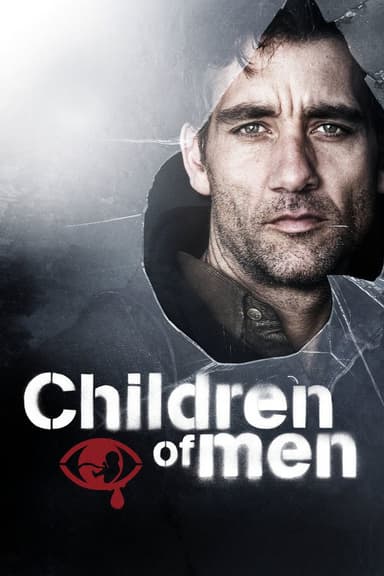
Katie Tippel
1975 • Drama, History • R
In the late 19th century, a young woman moves to Amsterdam with her family and tries to make a living. Preyed upon by various men, she nonetheless rises in society.
Runtime: 1h 42m
Why you should read the novel
The original novel by Neel Doff, Katie Tippel, offers a deeply personal and authentic depiction of poverty and perseverance, drawn from the author’s own life experiences. The book immerses readers in the complexities of working-class survival and female endurance, told through evocative, first-person storytelling. Engaging with the novel allows you to grasp the emotional and psychological nuances of Katie’s journey, nuanced far beyond what film alone can portray.
Adaptation differences
While the film captures the general arc of Katie's life and struggles, it condenses and dramatizes events for narrative clarity and visual impact. In the novel, readers gain much richer insight into Katie’s thoughts and emotional landscape, with multiple subtleties about her family background, inner conflicts, and daily choices that are often glossed over or sped through on screen.
The book offers much more context about the societal and economic forces at play during the period, presenting secondary characters with greater complexity and motivation. The film, by necessity, focuses on a few main relationships and streamlines or omits several supporting figures and subplots, altering the texture of Katie’s social world.
Another significant difference lies in the portrayal of Katie’s sexuality and agency. The novel presents these themes with greater nuance and ambiguity, remaining closely tied to her perspective and survival instincts. The film adaptation tends to frame certain scenes more melodramatically, sometimes shifting the tone away from the source material’s introspection and realism.
Lastly, the ending of the story is treated differently. While the book leaves room for ambiguity and ongoing struggle, the movie seeks a more resolute conclusion. This changes the overall message, with the novel favoring an open-ended contemplation of class mobility and female autonomy, and the film aiming for narrative closure and catharsis.
Katie Tippel inspired from
Katie Tippel
by Neel Doff










